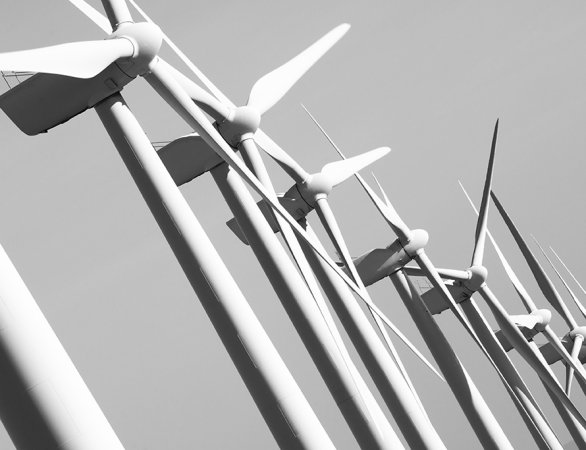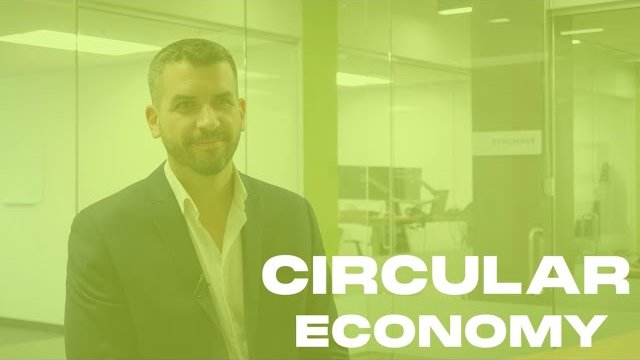Composite plastic solutions with carbon fibers
Wind turbines and aircraft fuselages are often made from composite plastics that contain valuable carbon fibers. However, recycling these carbon fiber reinforced polymers (CFRP) at the end of their life presents some challenges. Specifically, conventional recycling methods involve heating the materials to remove the polymers and retrieve the carbon fibers, but this process is slow because the polymer is a poor heat conductor.
To address this issue, Pyrowave has developed a technology that utilizes microwave heating to help recover carbon fibers more efficiently. During the process, carbon fibers absorb the microwave energy, causing them to heat up rapidly. As a result, the surrounding polymer also heats up quickly, leading to faster devolatilization and recovery of the carbon fibers.
To address this issue, Pyrowave has developed a technology that utilizes microwave heating to help recover carbon fibers more efficiently. During the process, carbon fibers absorb the microwave energy, causing them to heat up rapidly. As a result, the surrounding polymer also heats up quickly, leading to faster devolatilization and recovery of the carbon fibers.
Pyrowave offers a promising solution for improving the recycling process of carbon fiber and making better use of it. This innovation will help make the aerospace and wind turbine industries more environmentally sustainable.
The method used to recover carbon fibers is a microwave-based pyrolysis. Demonstration projects are currently underway.
Contact us for a partnership.
Why choose Pyrowave
Microwave pyrolysis offers several advantages:
- Energy efficiency: It uses less energy and selectively heats the material, reducing waste.
- Comparable properties: Recycled carbon fibers produced through microwave pyrolysis have properties similar to virgin fibers.
- Cost-effective: It is more affordable than producing virgin fibers, reducing raw material and energy costs.
- Rapid and uniform heating: Microwaves heat the material quickly and evenly, leading to shorter reaction times and increased productivity.
- Volumetric and contactless heating: Microwaves penetrate the material, heating it throughout without physical contact, minimizing contamination risks.
- Environmentally friendly: It reduces waste, energy consumption, and environmental impact.
- Improved product quality: Controlled heating preserves desired properties in the recycled fibers.
- Increased selectivity: Adjusting parameters optimizes product yield and properties.
- Smaller equipment size: Microwave pyrolysis allows for compact setups, reducing costs and space requirements.

Contact our team
Pyrowave is the best market-ready chemical upcycling process. Our platform enables the creation of virgin styrene monomer from polystyrene waste.
Find out how Pyrowave's solutions could protect your supply chain and improve your product offering, while reducing your environmental footprint.
Less carbon, better products.

/ contact us now!




